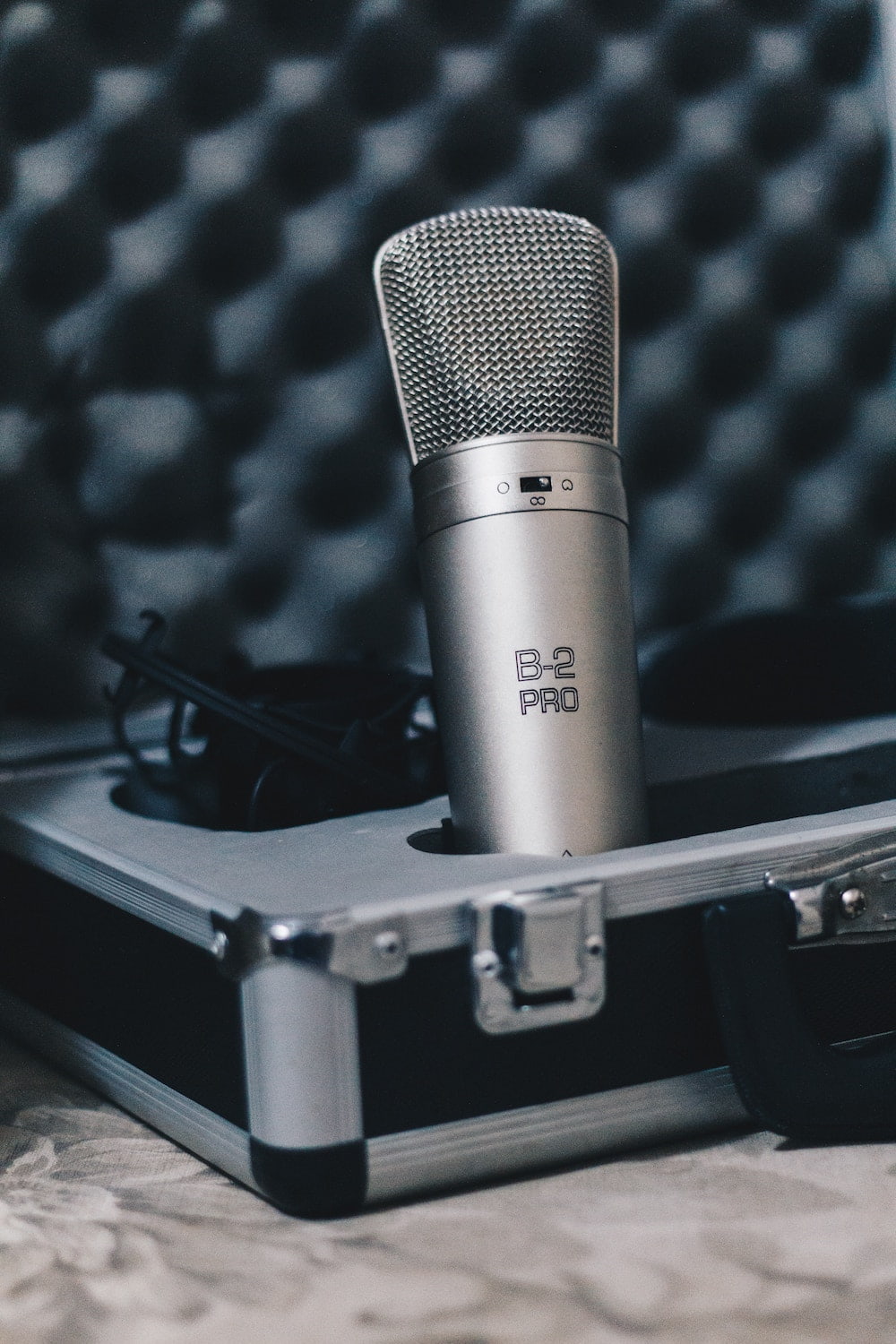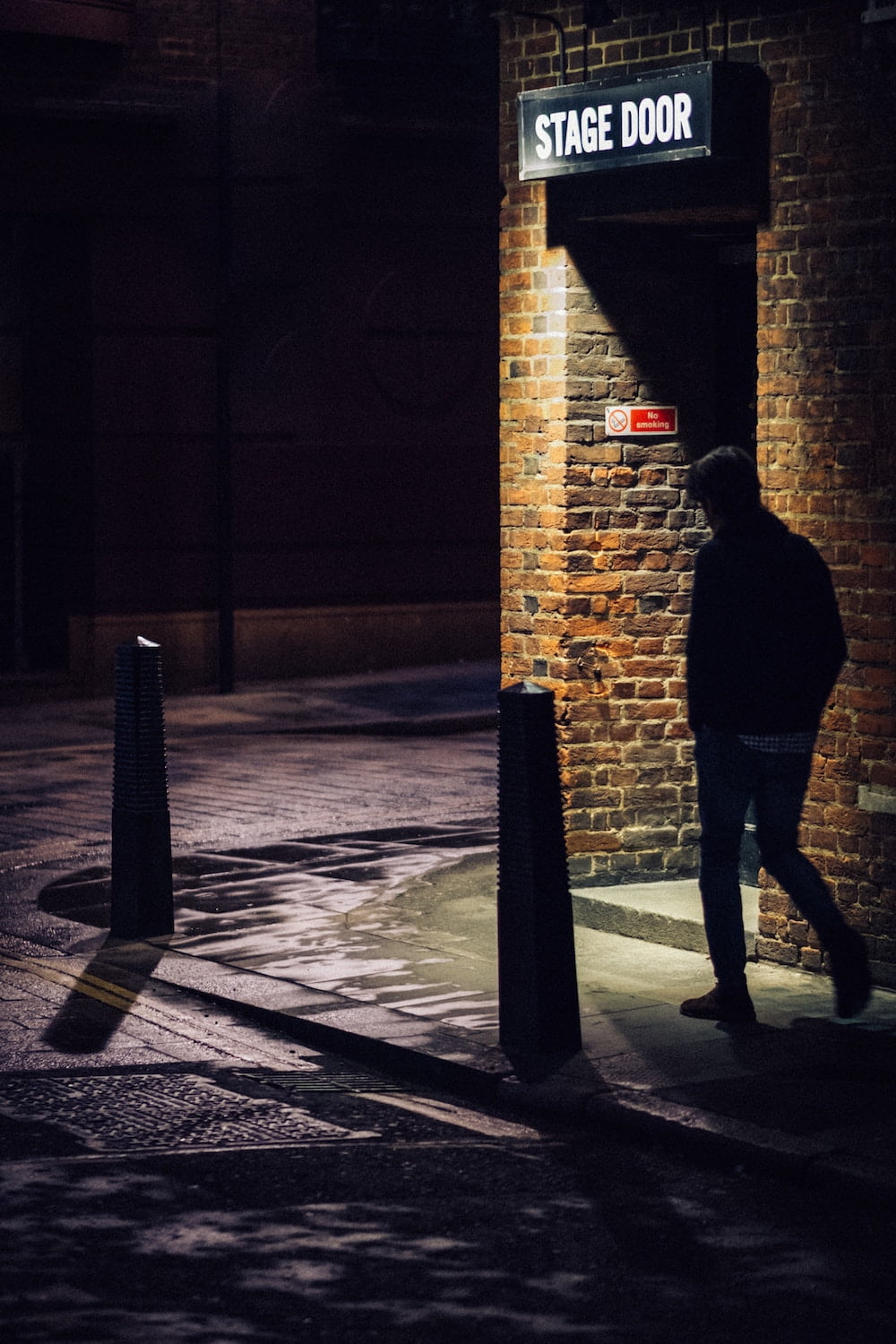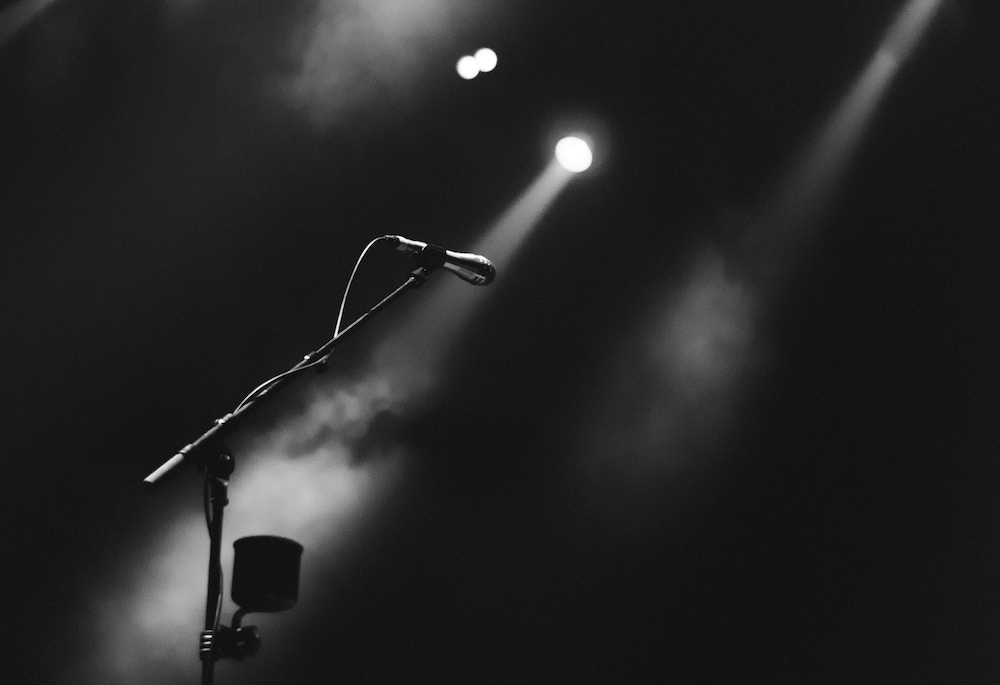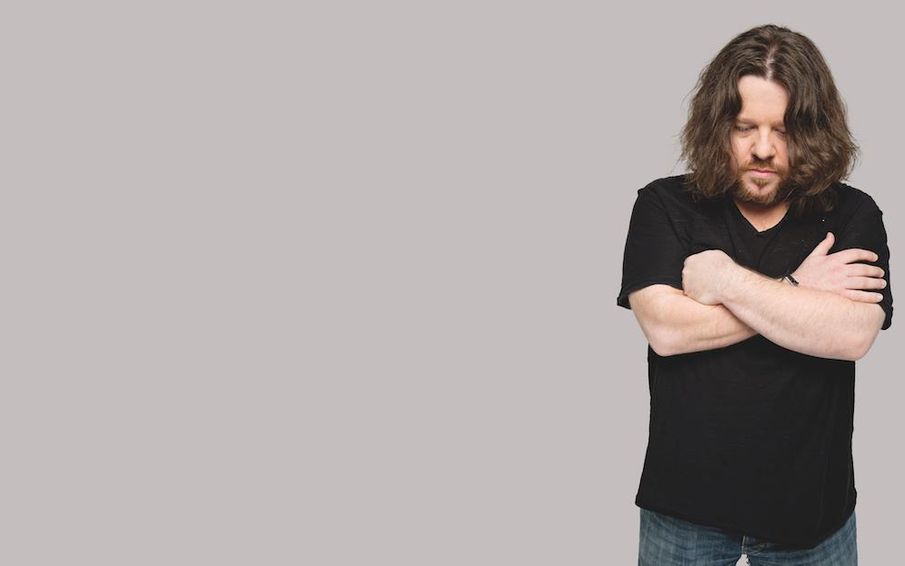In part two of our comedy special we speak to Ian Boldsworth. Ian spent 16 years on the stand-up circuit, under the stage name Ray Peacock, and won the Digital Champion Award at the 2017 Mind Media Awards for his mental health podcast. A prolific performer, down-to-earth Ian fronts up openly and candidly about his mental health.

I’m not sure it was a decision as such. For the most part, my stand-up was always autobiographical, so that just seemed like part and parcel of that. Sort of no different to me discussing my car breaking down – it was just a thing in my life.
That was given a little more thought. It was never a concern of how I would be perceived or any possible negative judgements on me, but I did have concerns about the fact I discussed the method – and there was no way to play the humour of the bit without doing that. I had to consider the safety implications of discussing it so brazenly.
I think there was also a part of me that thought if I could make an audience laugh with that story, then I could make them laugh with anything. It certainly required them to already have a sense of me, so was very carefully placed in that show – Here Comes Trouble. It’s not the sort of thing you could open your act with…
It’s OK. My reaction would be stronger if they were trying to silence it, but people are allowed to take offence. Everyone is gonna find something offensive, for whatever reason (usually their own experience), but that doesn’t warrant a ban.
The performing part was never difficult. If I was feeling rough then actually getting to the stage was a trial, but on the stage I don’t recall a time where I was thinking it was doing me harm, or I wasn’t up to it. Travel, I started to really hate though; long hours of traffic jams and middle-of-the-night diversions.
Heckling, generally speaking, was water off a duck’s back, but there were isolated incidents when it would leave me feeling very down. Not out of any self-doubt, but more an overall sadness about the way people were behaving. The idea that that sort of behaviour, at a performance with other paying audience members around them, was OK, just started to become a desperately bleak state of affairs for me.

That was the very first thing I recorded for that podcast, and I was dreading it. I didn’t know what the podcast was going to be, and Martin has always been something of a touchstone with bouncing ideas off, but I also know he won’t skate around stuff, even if it’s critical of me.
There weren’t any major surprises in our conversation, but there was stuff I didn’t want to hear, like how desperate and hopeless he had felt in dealing with me, and when he had doubts about how genuine it was. Overall, it felt quite relieving to have had that conversation for the podcast – a convenient reason to get it out in the open between us.
Strangers come forward a lot. After every performance of Here Comes Trouble there would be people waiting and I knew why before they even spoke.
I got a huge amount of emails after the podcast went live, which in all honesty became quite a difficult part of my days. I always hesitate to say it as I don’t want to dissuade people. I think it was the level of attention that I had to give it that became a struggle. I couldn’t skip-read these emails, or reply generically. I didn’t want to risk missing something important, but there were a lot. Hundreds. I’ve always had to be very clear that I’m not a professional with this sort of stuff, and I’m just stating my opinion on it.
It wasn’t considered as a way of reclaiming power, it’s just fitting in my overall attempt to not be pious or worthy about it. I know some people get upset at those words, and I wouldn’t want to goad them with it, but personally, it’s never bothered me at all.

I have my sensitivities about mental health portrayals and labels; I increasingly get frustrated with the portrayals or stereotypes perpetuated in movies. On the other side of the coin, I worry about the risks of being perceived as somebody who has built a career around mental health. I’m very resistant to that, because of my concerns with compassion-fatigue in the public; people just being sick of hearing about it and being told what they’re getting wrong. I think we tread a very precarious line in cultivating a society that understands mental health, and the problems inherent therein, so giving someone the rounds of the kitchen because they’ve referred to someone as bonkers isn’t going to keep them onside for very long.
Read part one of our comedy special here.
You can listen to ‘The Mental Podcast’ on Itunes, and find out more about Ian on his website ianboldsworth.co.uk


Comments